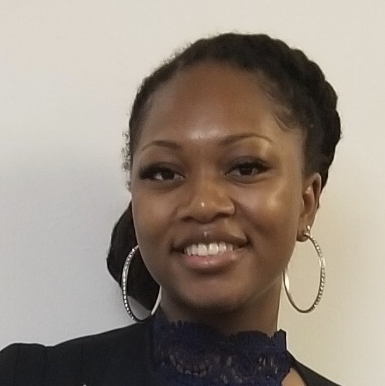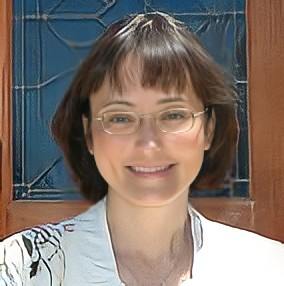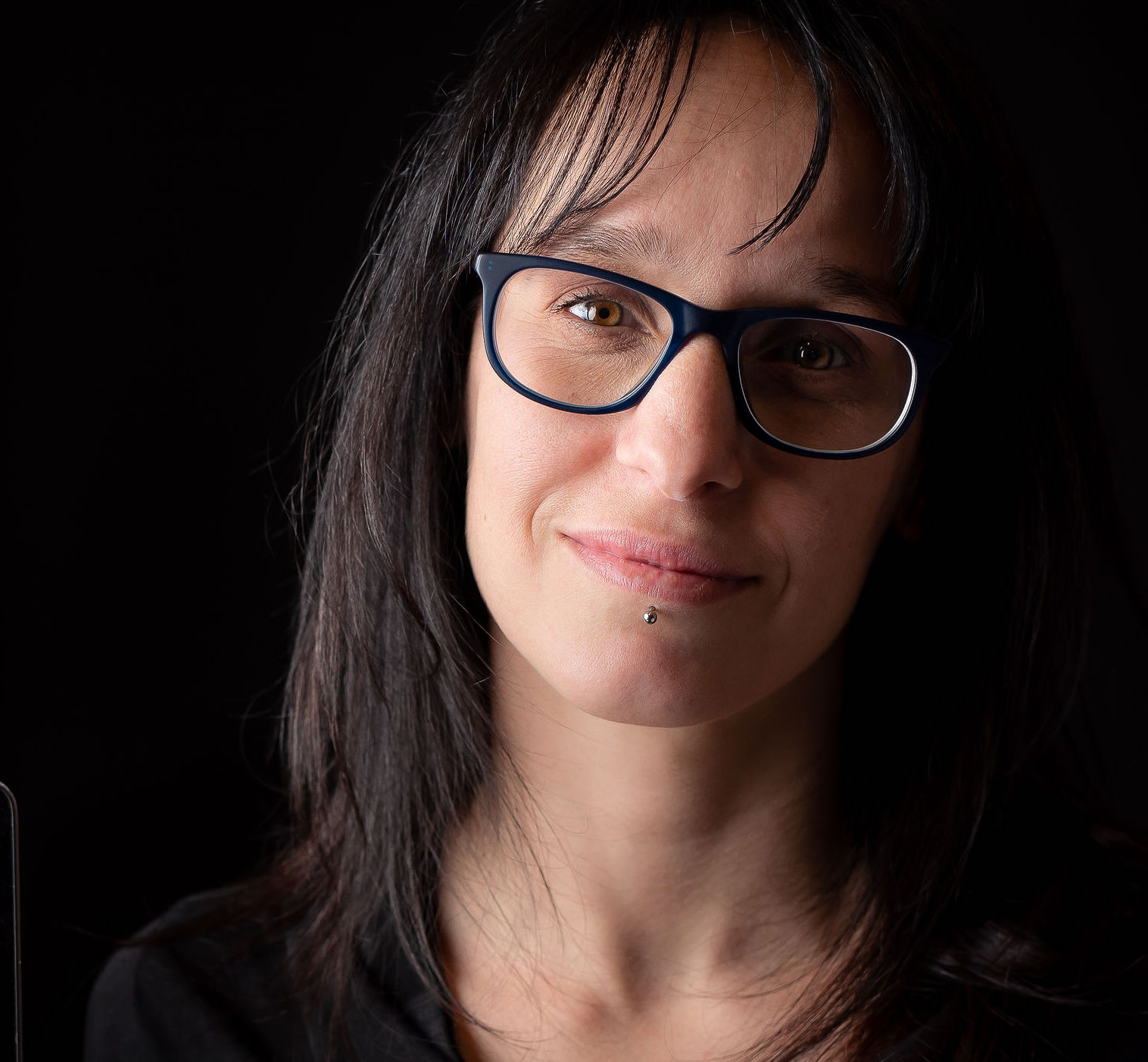Rubin Observatory
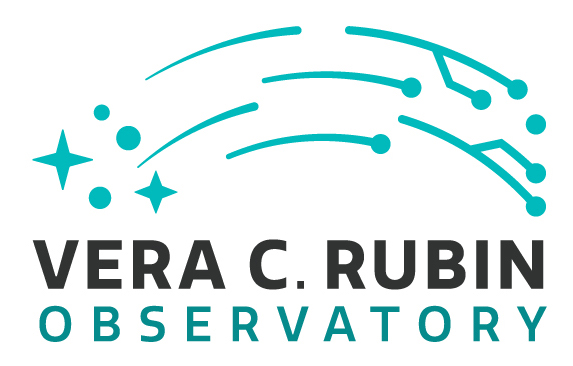 Vera C. Rubin Observatory will produce an unprecedented astronomical data set for studies of the deep and dynamic universe, make the data widely accessible to a diverse community of scientists, and engage the public to explore the Universe with us.
The goal of the Vera C. Rubin Observatory project is to conduct the 10-year Legacy Survey of Space and Time (LSST).
Vera C. Rubin Observatory will produce an unprecedented astronomical data set for studies of the deep and dynamic universe, make the data widely accessible to a diverse community of scientists, and engage the public to explore the Universe with us.
The goal of the Vera C. Rubin Observatory project is to conduct the 10-year Legacy Survey of Space and Time (LSST).
Partners and sponsors
- This project developed in the nursery of the Transient and Variable Stars Science Collaboration
- The musicians' team on this project are faculty and students at Lincoln University the Nation's First Degree-Granting Historically Black College and University
- The astrophsyicists and data scientists on this team are faculty and students at the University of Delaware
- The Heising-Simons foundation has generously supported this work through the "Leveling the playing field” 2021-2022 grant to the Science Collaborations.
- The “Leveling the playing field” 2021-2022 grant to the Science Collaborations is administered by the Las Cumbres Observatory (LCO)
- This research is partially supported by NSF Award #2308016 "Every Datapoint Counts: Atmosphere-aided Flare Studies in the Rubin Era (PI Bianco, 2023-2025)
- Rubin Observatory and the LSST Corporation have generousely supported the participation of Ms. Wells and Dr. Limb to the Rubin Project Community Workshop 2022 to present their work on Rubin Rhapsodies
Drones provide a muscial support to the sonification and represent the moon phases
Below is the lightcurve of a Type Ibc Supernova from the Photometric LSST Astronomical Time series Classification Challenge (PLAsTiCC) [1]. The data is colored according the its corresponding photometric band and assigned an instrument. In each band, flux is mapped to pitch, uncertainty to volume. The duration of a single moon phase, corresponding to one pulse of the drone sound, is indicated on the time axis. The sonification was done using sonify [2], an open-source software library for turning data into MIDI audio. Modifications of the software to suit the needs of the Rubin data have been implemented in the code base which is available at https://github.com/fedhere/RubinRhapsodies.git
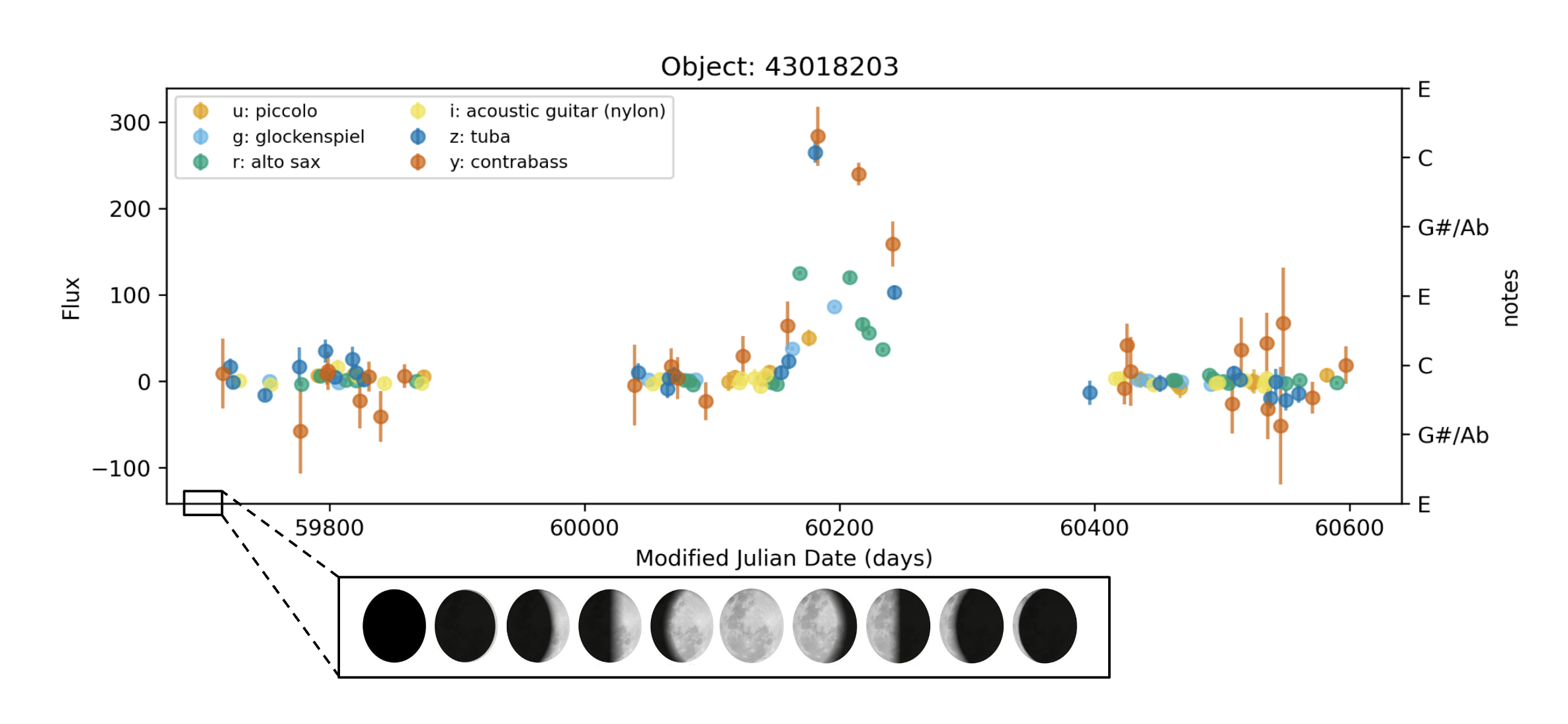
Our team
Collaborators
A number of people have been involved in ideating, conceptualizing, and securing funds for this project including:
- Siegfried Eggl (UIUC, Solar System SC)
- Scott Fleming (STsCI)
- Sara Bonito (INAF, TVS SC)

